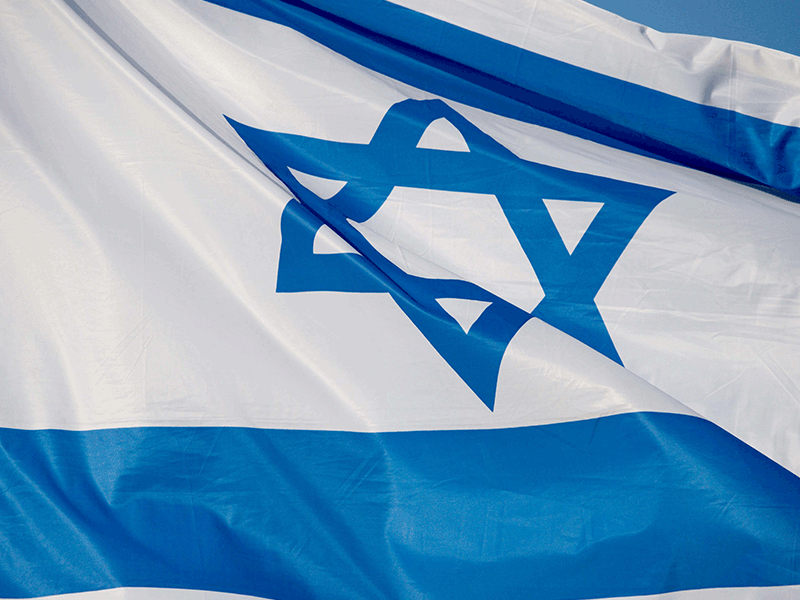Certain periods of our lives tend to be significantly more challenging and dramatic than others. These are the times when it seems as though nothing will work in our favour, and the world has a personal vendetta against us. If there is any parashah in which this rings true for Jacob, it’s Parashat Vayishlach. Not only does he suffer the losses of both of his parents and his dearest wife, Rachel, but he experiences an altercation with an angel right before meeting his violent and unpredictable brother, Esau. His daughter, Dinah, is also raped in this Torah portion, after which his sons Simeon and Levi seek revenge by massacring an entire city.
Through all this, Jacob somehow remains steadfast in his faith. Where does he get the strength to do this?
The Baal Shem Tov teaches that there is a connection between a person’s name and their soul, to the extent that when someone changes his name, he is ultimately changing the essence of his soul. Towards the end of this week’s parashah, Jacob undergoes a name change when God renames him Yisra’el. The timing is no coincidence.
The numerical value of Jacob’s Hebrew name is 182, while the numerical value of “Yisra’el” is 541. The difference of 359 between the two names is equivalent to the Hebrew word natash, meaning “forsaken.” At this particular stage of his life, Jacob has endured several scenarios that must have made him wonder whether God has forsaken him, but his characteristic resilience brought him out as a stronger and tougher man. God sees that Jacob deserves to be recognized in a new light and adds to his name, thereby altering the essence of his soul as one that has experienced and conquered abandonment.
As a nation named after the “new” Jacob, we should aspire to live in his footsteps and take each challenge that life throws our way as an opportunity for personal growth.
